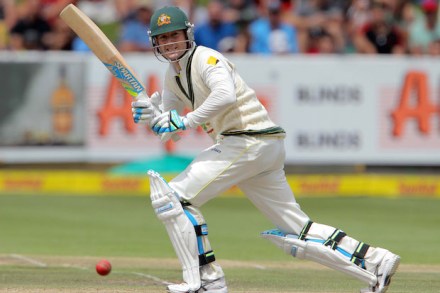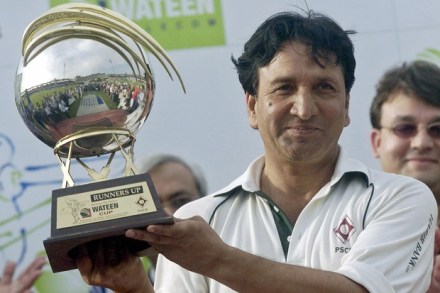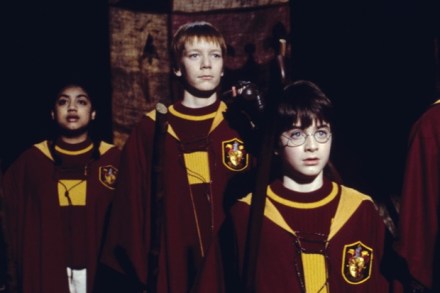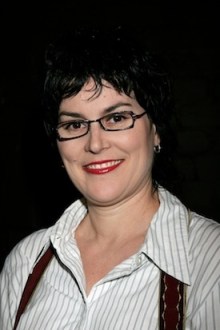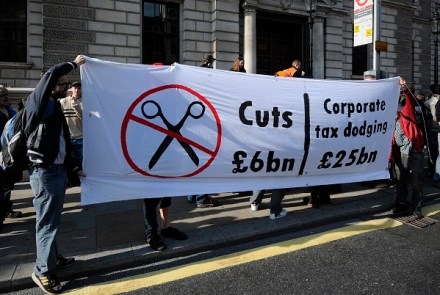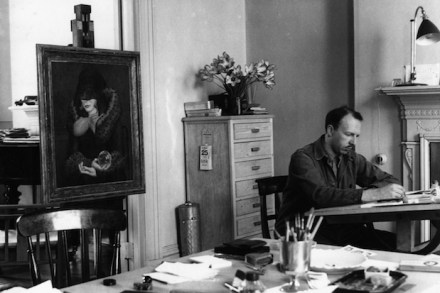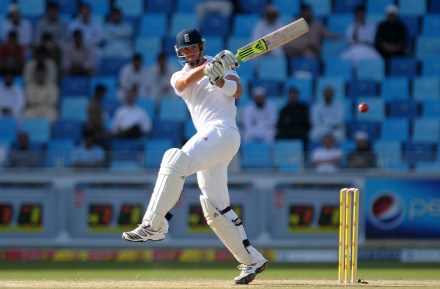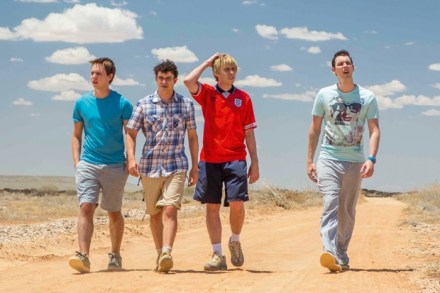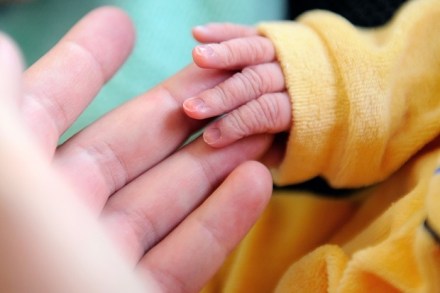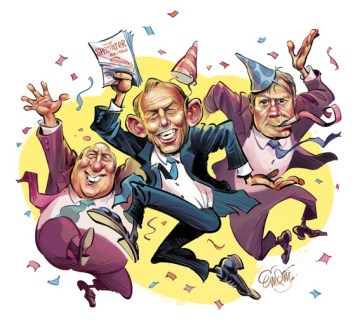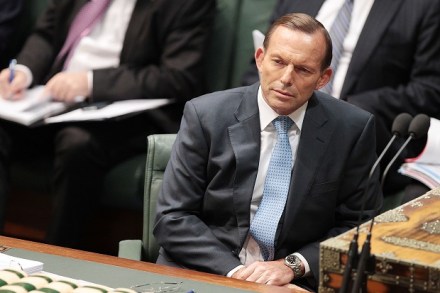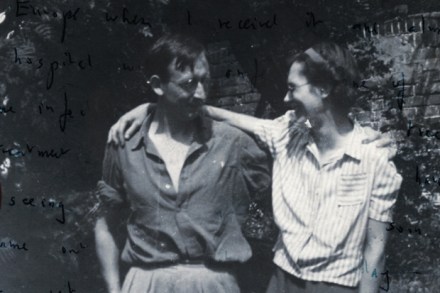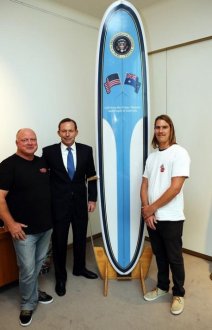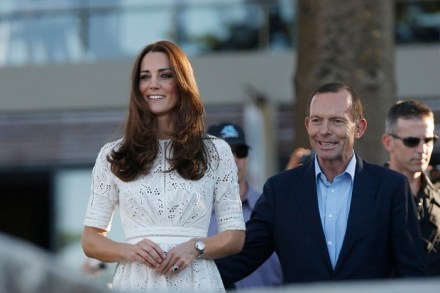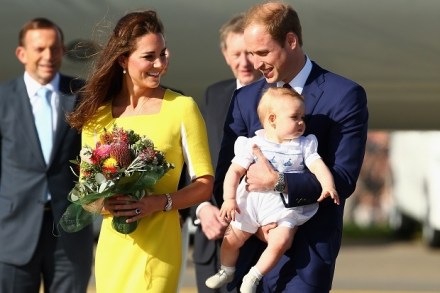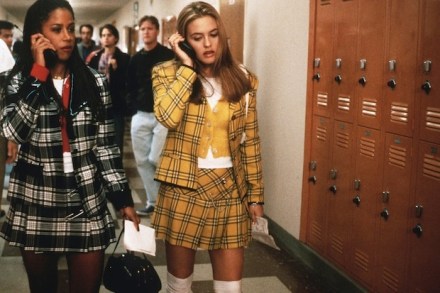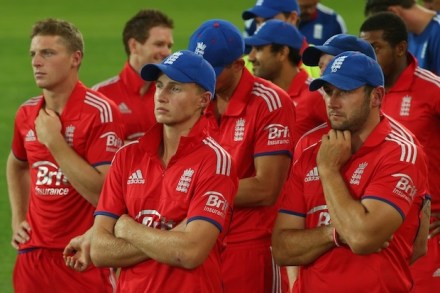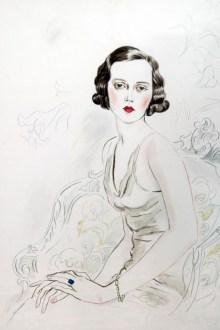In praise of Michael Clarke
The cricketing world has begun its slow trudge back to normality. Phillip Hughes has been buried and conversation has, half-heartedly, began to turn back to the game itself. Australia will take the field at Hughes’ adopted home ground of Adelaide on Tuesday for a Test match against India. But it would be remiss to let this week pass without praise for Michael Clarke and the dignity that he has shown as he has led the game and Australia in mourning the death of a young man who was on the verge on fulfilling his great talent. As Alex said the other day, to anyone who has played cricket at
